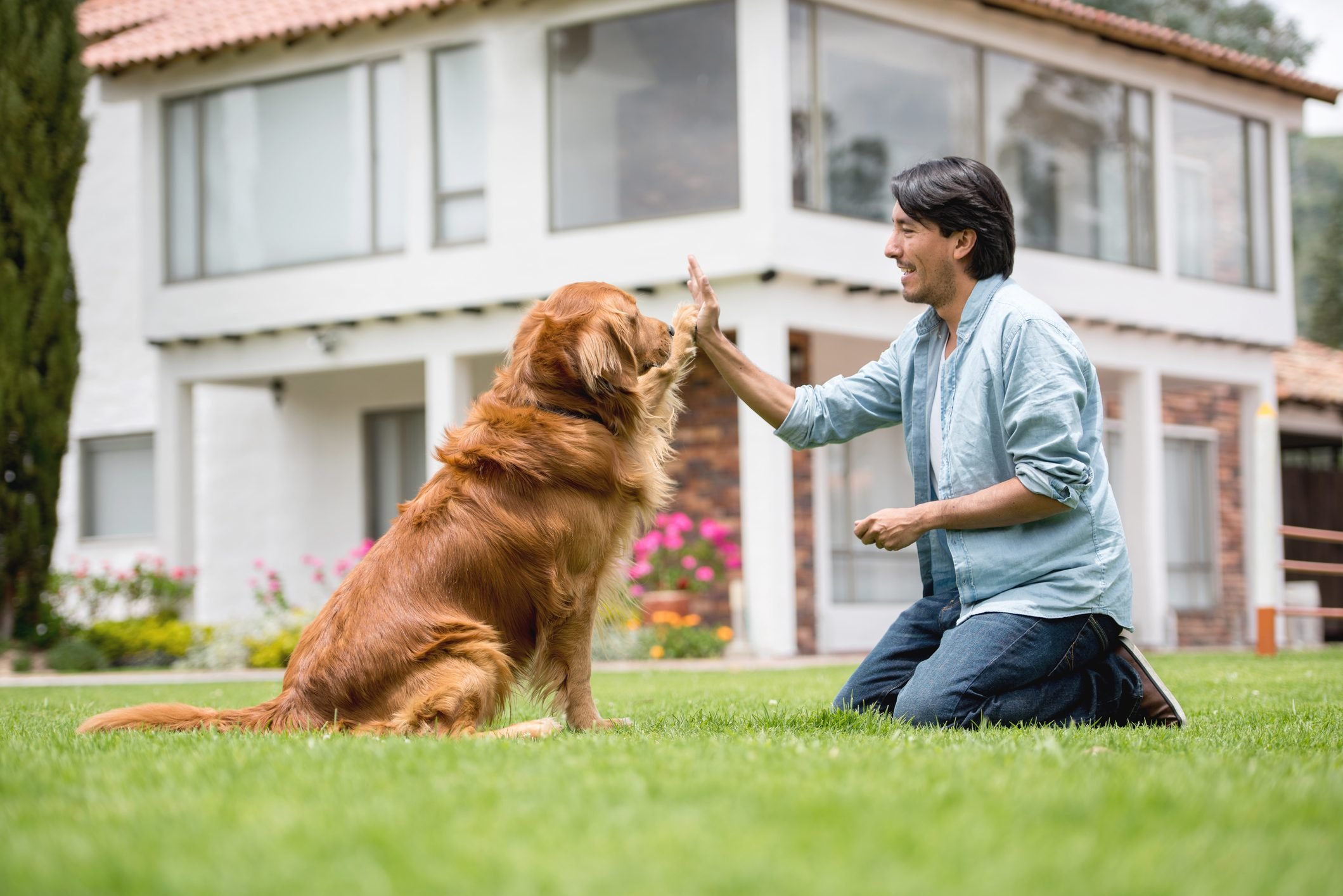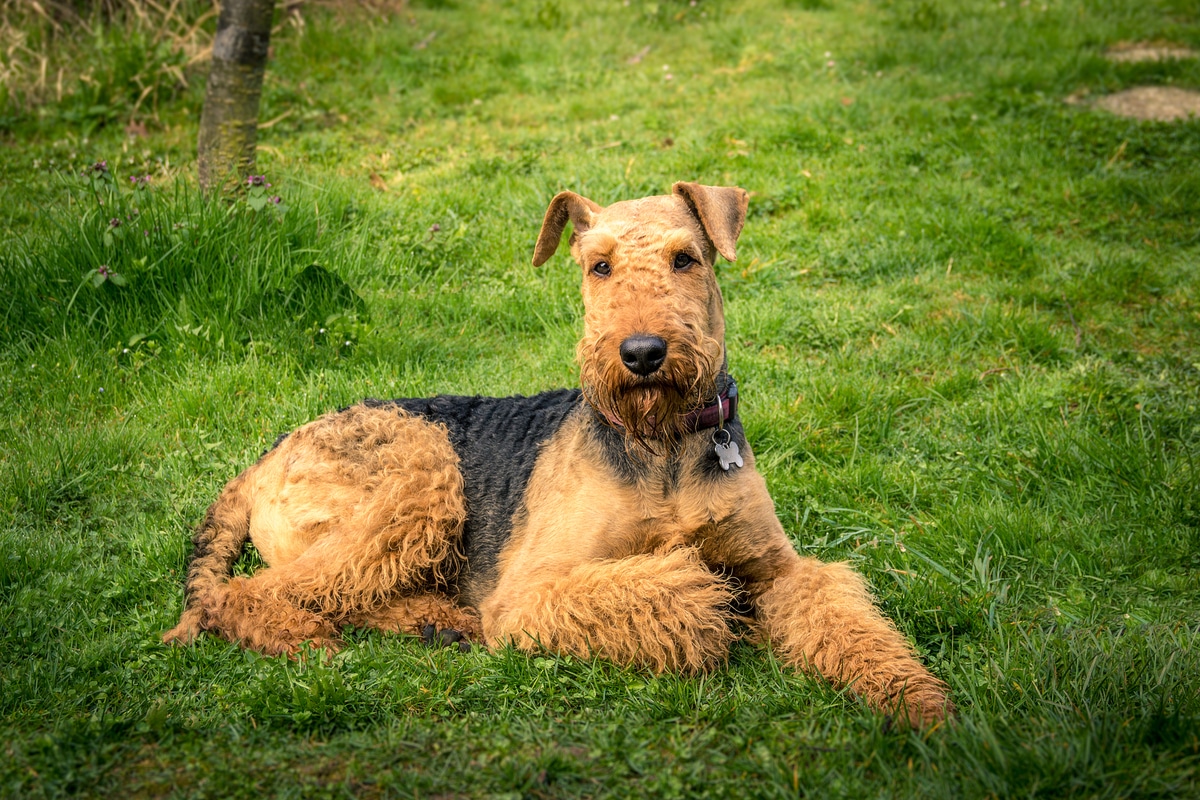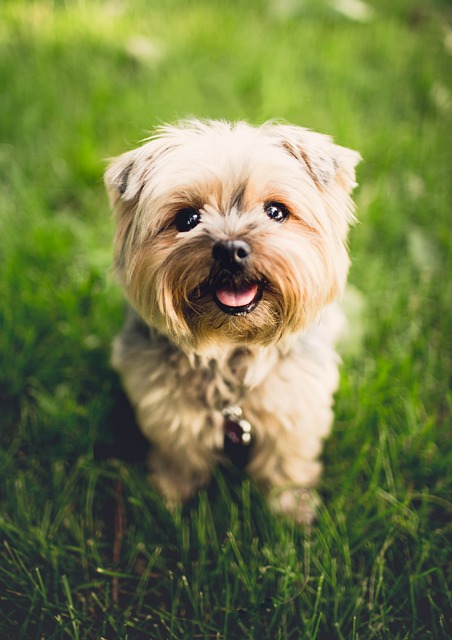
A dog that requires less space is best if you live alone. An apartment would not suit a Basenji or herding dog, for example. These dogs require daily exercise and mental stimulation. Hence, they should be kept in a secure yard. Chihuahuas as well as Bichon Frises and Cavalier Kings Charles Spaniels are all good options.
Basenji
Basenji is an excellent apartment dog because it is one of few breeds that does not bark. Apartment owners will appreciate this as barking can cause nuisance to neighbours, especially if the apartment is in an apartment complex. Although the Basenji barks at a low volume, it can also make other noises. Although it is suitable for apartments, be aware that apartment owners might not allow their pets to live in their homes. You might consider switching to another breed if you are concerned about this.
The main problem with an apartment is the lack of space. Apartments are smaller than houses but are easier to maintain and clean. A Basenji must be kept on a leash, exercise every day, and take daily walks. In addition, make sure you keep your Basenji clean and tidy. A small space makes it difficult to avoid unpleasant odors, so you'll need to keep your apartment clean and odor-free.
Cavalier King Charles Spaniel
Cavalier dogs are based on their royal ancestors. They were revived after World War II. Roswell Eldridge, an American fancier, traveled to England in the 1920s to purchase two spaniels. He was surprised at the variety of the breed. He created a prize of 25 pounds to the best male and woman of the "old type". The prize incentive spurred breeders to begin improving their stock.

Although it might seem odd, the Cavalier Kings Charles Spaniel is a great choice for apartment living. This breed is known for their good behavior and low energy, making them a great choice for apartment living. The Cavalier King Charles Spaniel, despite being small, is a happy and healthy dog that can enjoy a good deal of play with other dogs and people. The Cavalier King Charles Spaniel is a small, cute dog that will fit perfectly in a studio apartment.
Bichon Frise
If you live in an apartment, it is possible to wonder which breeds of dog would be best suited for the environment. Bichon Frises are a great choice because they are small and weigh less than most dogs. They can be trained quickly and are under one foot tall. They are also social animals and love to get along with other people. They make great guests and are hypoallergenic which makes them ideal for apartments.
The Bichon Frise, as the name suggests, is a happy, small dog with an outgoing personality. It is ideal for small apartments. It's easy for owners to train and does not need much space. This dog is ideal for apartment living as it doesn't shed much. You should remember, however, that they can be very energetic and require lots time to bond with their owners.
Chihuahua
Chihuahuas make great pets and are great for apartment living. Chihuahuas are energetic and will need daily walks and exercise. Despite being small, they can be very vocal and alert when they spot a stranger. Chinese cresteds can also be great pets for apartments. This small breed is a good choice for apartment pets because they have an average energy level and are great athletes.
Apartment dwellers rarely have the time or ability to take care of high-energy breeds. The best dogs for apartments are the ones that are suited to apartment living. Most apartment dogs will be content with a 20 to 30-minute walk to the park or the beach each day and will spend the rest of their time indoors. This is because small breeds do not hold their bladders as long as larger breeds, and it can be difficult to take your dog outside often.
Papillon

The Papillon, a small, soft-coated and affectionate breed, is well known for its gentle personality and ability to please owners. The Papillon can be playful and energetic but it also makes a great watchdog. The dog can be a great companion in an apartment, but they will need to be exercised often. The fluffy coat also needs daily brushing, so this breed isn't a good choice for those who don't have the time or energy to take care of a coat.
Another advantage of the Papillon is that it is easy to train it to use an indoor potty, which is ideal for apartment life. This will not only keep your apartment floors cleaner, but it will also prevent your pet making a mess. It's important to remember that not all small apartment dogs respond to potty training well, but the Papillon is one breed that has a great training record.
Doberman
Doberman pinschers make excellent apartment dogs. They are intelligent and highly trained. They can quickly adapt to a new environment and learn how to behave. They also shed little and can be kept clean. People often only consider their size when considering adopting a dog. However, the Doberman is a great apartment dog because of its many other qualities.
Dobermans, despite their small stature, are very active dogs. They can run up to 40 MPH and are not easily tired. They are also great for apartment living because they don't chew furniture.
FAQ
How do you feed your pet?
Dogs and cats eat four times a day. Breakfast is usually dry kibble. Lunch is usually some kind of meat like chicken and beef. Dinner usually includes some kind of vegetable like broccoli or peas.
Cats have different dietary requirements. Canadian foods should be part of their diet. These can include chicken, salmon, tuna and sardines.
Fruits and vegetables can be enjoyed by your pet. However, they shouldn't be given too often. Cats are more likely to get sick when they eat too much.
Your pet shouldn't be allowed to drink straight out of the tap. Instead, let him drink out of a bowl.
Your pet should get enough exercise. Exercise will help him lose weight. Exercise is good for his health.
After your pet eats, make sure you wash the dishes. This will keep your pet safe from getting infected with bacteria.
Remember to brush your pet's coat regularly. Brushing can remove dead skin cells which can lead to infection.
At least two times per week, brush your pet. Use a soft bristle hairbrush. Avoid using a wire brush. You can cause damage to your pet's teeth.
Always supervise your pet when he eats. He must chew his food correctly. If he does not, he might choke on bone fragments.
Keep your pet out of garbage cans. This can be harmful to your pet's overall health.
Never leave your pet alone in an enclosed space. This includes boats, hot tubs, cars, and boats.
How long should a pet dog stay inside?
Dogs are naturally curious. They need to have an outlet for this curiosity. If they don't have any outlets, they may become destructive. This can cause damage to property and injuries to people.
Dogs should always be kept on a leash when outside. Dogs should be kept on a leash when they are outside to prevent them from getting into trouble and allow them to explore the environment safely.
If you keep your dog inside all day, he will become bored and restless. He will chew furniture and other items. His nails may grow too long, which could lead to health issues.
These negative consequences can be avoided by allowing your dog to run free at all times. Take him for a walk around the neighborhood, go for a ride in the car, or take him to the park.
This will make him feel more energetic and provide him with something to do.
What type of food should I give my dog to eat?
A healthy diet is essential for your dog.
There are many protein-rich foods, including chicken, beef (fish), eggs, and dairy.
Fruits, vegetables, legumes, bread, cereals and pasta are all high in carbohydrate.
Lean meats, poultry and fish are all low in fat, as well as nuts, seeds, whole grains and whole grains.
Before giving your dog any new foods, consult your veterinarian.
Do I decide to get a dog or a cat?
This depends on you. Some people like kittens while others prefer puppies.
However, dogs are more playful and active than their human counterparts. Kittens sleep a lot, and they are very gentle.
Both types of animals need lots of attention from their parents. They will need lots of attention as they grow up and require a lot more care.
They will also need regular medical checkups. This means that you will have to spend some time with them at the vet.
Statistics
- It is estimated that the average cost per year of owning a cat or dog is about $1,000. (sspca.org)
- Reimbursement rates vary by insurer, but common rates range from 60% to 100% of your veterinary bill. (usnews.com)
- * Monthly costs are for a 1-year-old female mixed-breed dog and a male domestic shorthair cat less than a year old, respectively, in excellent health residing in Texas, with a $500 annual deductible, $5,000 annual benefit limit, and 90% reimbursement rate. (usnews.com)
- It's among a relatively few companies that provide policies with a full (100%) coverage option, meaning you are not responsible for any co-payment of bills. (money.com)
- Monthly costs are for a one-year-old female mixed-breed dog and an under one-year-old male domestic shorthair cat, respectively, in excellent health residing in Texas, with a $500 annual deductible, $5,000 annual benefit limit, and 90% reimbursement rate. (usnews.com)
External Links
How To
How do you choose the right name for your pet?
When adopting a pet, the name you choose for them is one of your most important decisions. It is important to choose a name that best reflects the person and personality of your pet.
You need to think about how others may refer to you. And finally, you should think about how you yourself would like to be referred to. For instance, do you prefer "dog" or "pet"?
These are some tips to get you started.
-
Select a name to fit your dog's breed. Look up the names associated to the breed, if you have a good idea of what it is (e.g. Labradoodle). Or ask someone who knows dogs well to suggest a name based on the breed.
-
Think about the meaning of the name. Some breeds are named after people and places while others are simply nicknames. One Labrador Retriever was named Rover because he loved to run!
-
Think about how you'd like to be called. Would you rather call your dog "dog", or "pet"? Are you more likely to call your dog "Puppy" than "Buddy?"
-
Make sure to include the owner's name. It makes sense to give your dog a name that includes your last name but doesn't limit yourself to only including your family members' names. You may have your dog as a part of your extended family.
-
Be aware that many pets have multiple names. A cat could have several names, depending on her location. At home, she could be called "Kitty Cat", but when visiting friends, "Molly". This is especially true of cats who live outdoors. They will often adapt their names to match their environment.
-
Be creative! There are no set rules. Just make sure that you choose something unique and memorable.
-
You must ensure that the name you choose isn't already owned by another person or group. So you don't accidentally steal someone's identity.
-
Finally, remember that choosing a name for your pet isn't an exact science. Sometimes it takes time to determine whether a name is right for your dog. So keep trying until you find the perfect match!